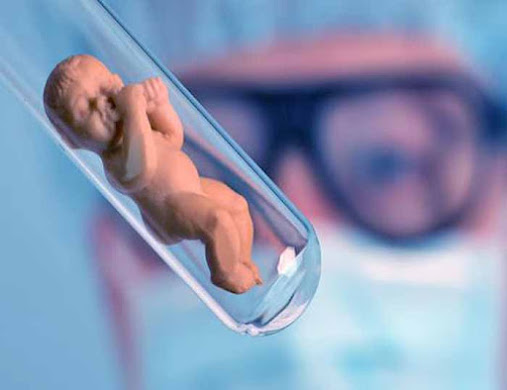Fibroids: Causes, Symptoms, and Treatment with a Gynecologist in Indore
If you’re experiencing symptoms of uterine fibroids, it may
be time to visit a Gynaecologist in Indore. Uterine fibroids are noncancerous
growths that develop within the uterus and can cause pain, heavy bleeding, and
other uncomfortable symptoms. While some women with uterine fibroids don’t
experience any noticeable changes or issues related to their condition, others
may need medical treatment from a qualified gynecologist to manage their
health.
Uterine Fibroid
Causes:
Uterine Fibroid causes are still largely unknown; however,
doctors believe they have something to do with hormone levels such as estrogen
and progesterone which stimulate cell division during puberty when the uterus is
growing rapidly. Additionally, genetics can play a role since if someone has
family members who had them there is an increased chance of developing them you
as well as certain environmental factors like diet or stress levels could
contribute too.
Also Read: Test Tube baby Center in Indore
Symptoms of Uterine
Fibroid:
The most common symptom associated with uterine fibroid is
abnormal menstrual bleeding including periods that last longer than usual,
heavier flows than normal, spotting between cycles, etc. Other possible signs
include pelvic pain/pressure, frequent urination due to excessive pressure on
bladder muscles caused by the enlarged size of the uterus (due presence of
multiple tumors) & constipation due to obstruction caused by large tumors
blocking passageways leading out intestines. In extreme cases where the tumor
has grown very large & affected surrounding organs like kidneys then the
patient might suffer from severe abdominal swelling too!
Treatment from a
Gynecologist in Indore:
When it comes to treating your condition there are several
options available depending on how severe your case is – ranging from
medications prescribed by gynecologists in Indore which help reduce inflammation & shrink the size of
tumors over time all way up to surgical removal procedure called myomectomy
where entire mass removed surgically under general anesthesia followed
post-operative recovery period at home before one gradually resumes everyday
activities again without any further complications arising afterward!
For milder cases involving smaller-sized masses medication
might suffice but for larger more aggressive ones surgery would be recommended course
action is taken so best to consult the doctor about what option suits you
better based upon individual circumstances presented before him/her during the
consultation session itself!
About the Author:
Dr. Sushmita Mukherjee is a gynaecologist, Obstetrician,
and infertility specialist in Indore. She is a nationally known doctor with
more than 32 years of experience in the field under her belt. She is also a
laparoscopic surgeon and has performed thousands of surgeries throughout her
career. If you are looking for someone with immense expertise in treating
women’s health problems, Dr. Mukherjee can be your go-to doctor. Schedule a
consultation with Dr. Sushmita Mukherjee today.



Comments
Post a Comment